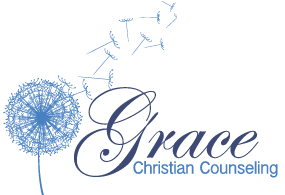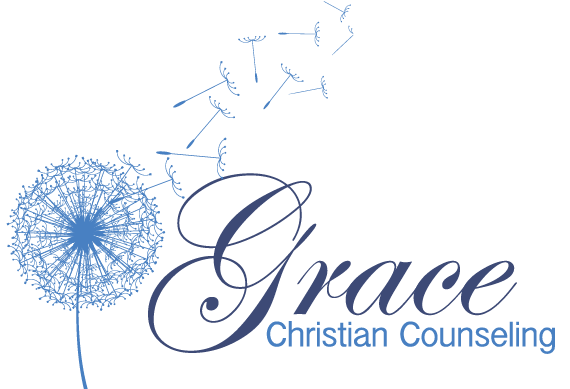The cornerstone holiday of March – St. Patrick’s Day – focuses on four-leaf clovers, leprechauns, pots of gold at the end of the rainbow and luck, which – ironically – although I enjoy the holiday, is the antithesis of what I espouse in my counseling practice.
Luck is dependent upon chance or accidental good fortune to achieve a highly desirable type of outcome that equals wealth and our wildest dreams coming true.
The opposite of happenstance is intentionality, which means setting a goal or outcome and working toward it a little bit each day.
With clients in my psychotherapy practice, I talk daily about intentionality about mental health, relationships, education, adopting healthy habits, etc. Because none of these things typically happen by chance or accident.
Intentionality involves specifically, with will and desire, setting a goal and then working toward achieving it, as in, “a journey of a thousand miles begins with the first step.” And more importantly, continuing to take steps regularly that help us reach our proverbial destination. Intentionality considers setbacks or times when we need to rest and reevaluate, which are normal. We are human, after all.
When I was a teacher, I had many students who refused to complete classwork or even successfully pass a class. They were counting on heaven-sent contracts that would jettison them to stardom and wealth as professional athletes, pop singers, or video game developers/testers. Even though they refused to practice, much less play, the sports, or acquire the skills/education, that might have increased their odds of getting a dream job offer such as these.
Many adults have goals that are just as lofty and unrealistic. They think they are just going to have a great marriage, although they put no effort into spending time with their partner, learning how to create a healthier and happier relationship, how to communicate and argue effectively, etc. They think it’s just going to happen because they’re lucky.
A fancy description for this type of thinking and related behaviors is cognitive dissonance, meaning inconsistent thoughts, beliefs, or attitudes, especially relating to behavioral decisions or changes. We prefer to believe in magic or luck.
It’s simple:
If we say we want a fit body, then we must eat right and exercise. If we say we want to bolster our savings account, we may have to stop spending frivolously or even get a part-time job. If we want to become a professional athlete, etc., we need to play the sport. Exceptionally well.
This has infinite applications.
We must put actions behind our words, especially if we really want our wishes and dreams to come true.
Make a plan and execute it. If you don’t know how or where to start, get expert advice. Failure is not the opposite of success; it’s a part of it. So even if you falter on the road toward your dream, you can start again, with better insight, and keep plodding.
This month, do yourself a favor and forget about luck. Instead, think about your intentions and the steps you can take to achieve them.







